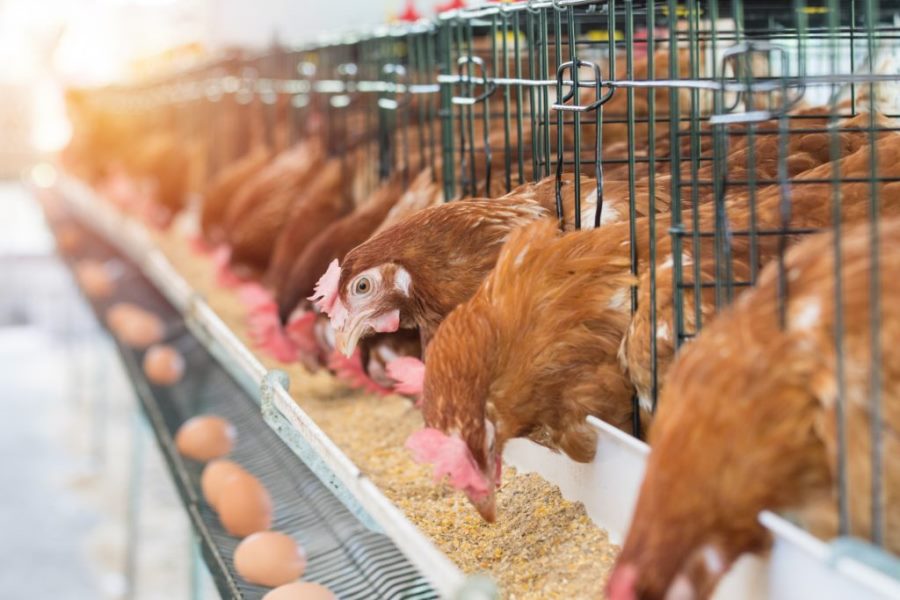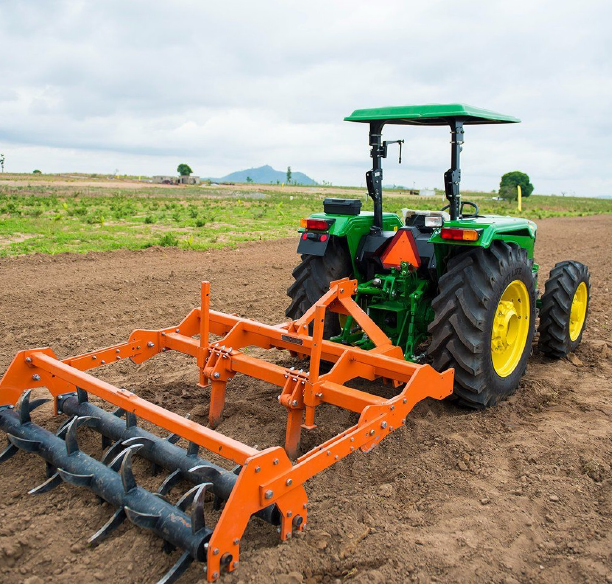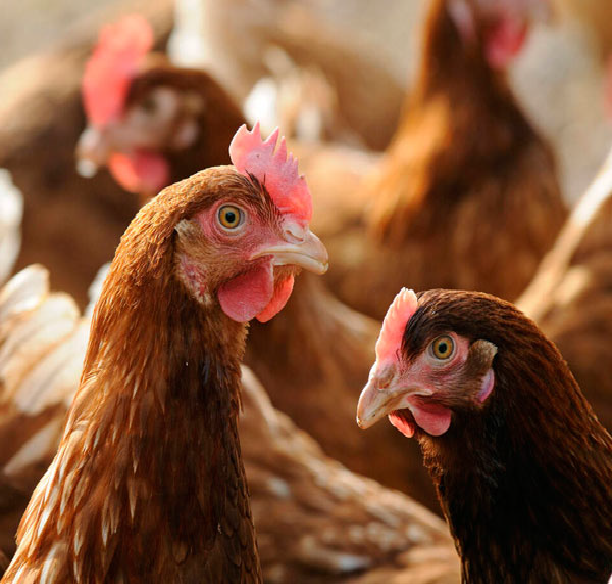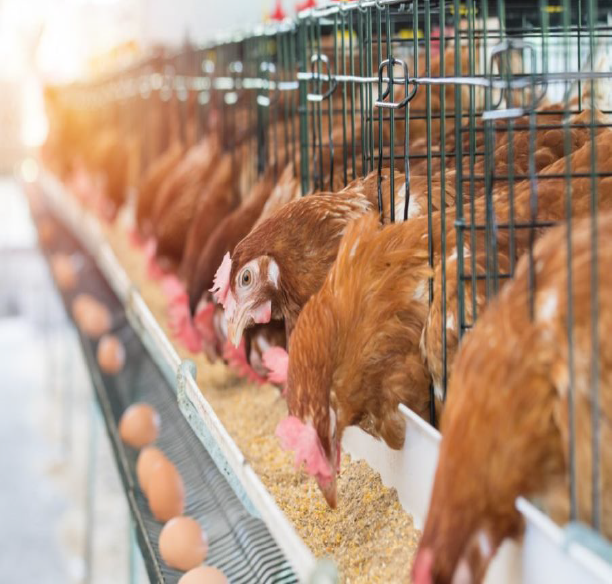
JUN
23
1. Feeder Type:
- Gravity Feeders: Gravity feeders rely on the natural movement of feed to replenish the feeding tray as birds consume the feed. They are simple, low-cost, and suitable for small to medium-sized flocks.
- Trough Feeders: Trough feeders feature elongated feeding troughs that accommodate multiple birds simultaneously. They are ideal for larger flocks and help minimize feed wastage.
- Automatic Feeders: Automatic feeders dispense pre-measured amounts of feed at scheduled intervals, reducing labor and ensuring consistent feeding. They are suitable for both small and large flocks, but may require more upfront investment.
2. Feeder Material:
- Plastic: Plastic feeders are lightweight, durable, and easy to clean. They are resistant to corrosion and can withstand harsh weather conditions.
- Metal: Metal feeders are sturdy and long-lasting, making them suitable for outdoor use. However, they may be prone to rust and require regular maintenance.
- Wood: Wooden feeders provide a rustic aesthetic and may be preferred for small-scale or backyard flocks. However, they are susceptible to moisture damage and may require frequent replacement.
3. Feeder Size:
- Consider the size of your flock when selecting feeders to ensure adequate feeding space for all birds.
- Opt for larger feeders or multiple feeders for larger flocks to prevent overcrowding and competition for feed.
4. Feeder Design:
- Choose feeders with anti-waste features such as baffles, covers, or grill guards to minimize feed spillage and wastage.
- Select feeders with adjustable height or depth settings to accommodate birds of different sizes and ages.
5. Ease of Cleaning and Maintenance:
- Choose feeders that are easy to disassemble, clean, and sanitize to prevent the spread of disease and maintain flock health.
- Consider feeder designs with removable trays, hoppers, or lids for easy access and cleaning.
6. Budget and Long-Term Durability:
- Evaluate the initial cost of feeders against their long-term durability and performance.
- Invest in high-quality feeders that offer durability and reliability, even if they require a higher upfront investment.
Conclusion: Choosing the right poultry feeders is essential for promoting efficient feeding, minimizing feed wastage, and supporting the health and productivity of your flock. By considering factors such as feeder type, material, size, design, ease of cleaning, and budget, you can select feeders that meet the specific needs of your flock and contribute to their overall well-being and success.


